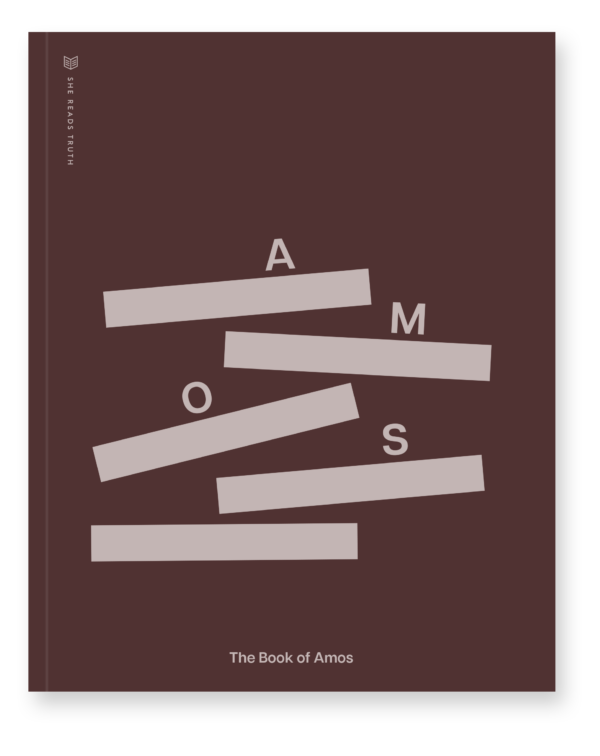TL;DR
The Book of Amos emphasizes God's call for justice and repentance, challenging both Israel and surrounding nations to abandon their complacency and seek a life reflective of His righteousness amid societal injustices.
What is The Book of Amos about
The Book of Amos, written by the prophet Amos, is a powerful call to justice and repentance aimed at both the kingdom of Israel and the surrounding nations during a time of relative peace and prosperity. Amos, a shepherd-farmer, delivers a message from God denouncing the rampant oppression, idolatry, and moral decay that characterized the society of his day. Despite the apparent peace, there was a stark disparity between the wealthy elite and the impoverished, with many disregarding God's laws and abusing their privileges. Through Amos's prophecies, readers are reminded that God's justice will not be ignored and that restoration is possible for those who seek Him earnestly. This two-week reading plan invites readers to reflect on these themes and consider their own lives in light of God's perfect goodness.
The Book of Amos 5 Key Takeaways
God's Call for Justice
Amos's prophecies highlight God's demand for justice, emphasizing that His love is intertwined with righteousness. The neglect of justice leads to societal decay, and God's people are called to uphold the dignity of all, particularly the vulnerable.
Divine Judgment
The text serves as a warning against complacency and moral indifference. Amos illustrates that God is not passive in the face of injustice; He actively judges nations, calling them to accountability for their actions.
Restoration and Hope
Despite the strong warnings, Amos's message is not solely about judgment. It includes an invitation for repentance, illustrating that God offers hope and restoration to those who turn back to Him and seek righteousness.
The Role of the Prophet
Amos serves as a vital figure who speaks on behalf of God, challenging both the injustices of society and the complacency of His people. His role exemplifies the prophetic call to speak truth to power and to demand accountability.
Historical Context
Understanding the historical context of Amos’s time—marked by peace yet social disparity—enriches the reading experience. It reflects not only the struggles of ancient Israel but also resonates with contemporary issues of justice and inequality.
The Book of Amos Videos
Book of Amos Summary: A Complete Animated Overview - YouTube
Top The Book of Amos Quotes
- Seek good and not evil, that you may live; and so the Lord, the God of hosts, will be with you. (Amos 5:14)
- Let justice roll down like waters, and righteousness like an ever-flowing stream. (Amos 5:24)
Who should read The Book of Amos?
The Book of Amos is ideal for individuals seeking to deepen their understanding of biblical justice and the prophetic call to righteousness. It is particularly beneficial for those interested in social issues, ethical living, and the intersection of faith and morality, offering insights that encourage meaningful reflection and action.
The Book of Amos Best Reviews
- The Book of Amos is a poignant reminder of the importance of justice and the consequences of turning a blind eye to societal woes. It challenges readers to reflect on their own actions and responsibilities in the world. - The Gospel Coalition
- She Reads Truth masterfully presents Amos's powerful message in a way that is both accessible and impactful. This reading plan invites deep reflection on justice and God's unwavering call for His people. - Christianity Today
People also liked these summaries
The Book of Amos FAQs
What is the main message of the book of Amos?
The main message of the Book of Amos is a call for justice and repentance. Amos criticizes the social injustices and moral decay of Israel, highlighting God's displeasure with complacency and the exploitation of the vulnerable.
How does Amos address social inequality?
Amos confronts the growing disparity between the wealthy and the poor, admonishing the elite for their exploitation. His prophecies emphasize that God's justice demands accountability for those who neglect their moral responsibilities.
